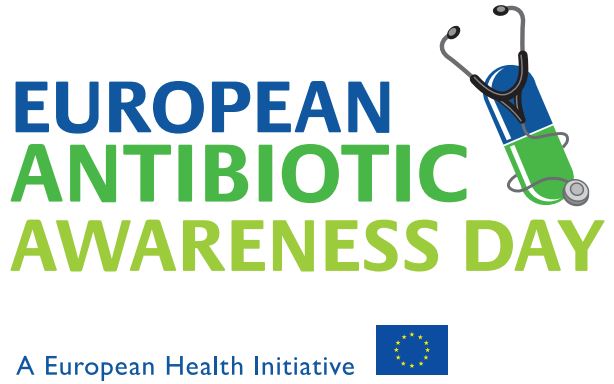Antibiotics
NICE Antimicrobial Prescribing Guidelines: https://www.nice.org.uk/about/what-we-do/our-programmes/nice-guidance/antimicrobial-prescribing-guidelines
Public Health England Primary Care guidance: diagnosing and managing infections: https://www.gov.uk/government/collections/primary-care-guidance-diagnosing-and-managing-infections
RCGP TARGET Antibiotic Newsletter
The team responsible for the RCGP TARGET Antibiotic Toolkit have just published the second in their new series of quarterly […]
NICE Reminder that antibiotics should not be used to treat the majority of sinus infections
NICE Guideline 79 strongly reminds us that antibiotics are very rarely needed for acute sinusitis – with a clear statement that […]
MicroGuide Antibiotics Guideline App Feedback
We are evaluating the MicroGuide Antibiotics App and need your feedback on how useful you find the app and anything […]
Chief Medical Officer Letters to High Antibiotic Prescribers
Improving antibiotic stewardship is a priority for Public Health England due to the continuing threat of antimicrobial resistance. The Chief Medical Officer for England is sending her annual feedback letter on antibiotic prescribing rates to GPs in April 2017.
The feedback letters are being sent to over 6,300 individual GPs in over 1,400 different GP practices with high antibiotic prescribing rates. Practices were selected based on their level of prescribing per STAR-PU and in comparison with the England average used by the Quality Premium. The letters are tailored according to GP practice prescribing rate, change in prescribing over time, and whether they were previously sent feedback. While many GPs are already reducing their usage of antibiotics, the letters are intended to support GPs to reduce their prescribing further by providing feedback on practice prescribing rates, offering encouragement and suggesting practical actions in a clear and succinct manner.
Antimicrobial stewardship: changing risk-related behaviours in the general population (Joint NICE and Public Health England guideline)
This new guideline aims to make people aware of how to correctly use antimicrobial medicines and the dangers associated with their overuse and misuse in order to reduce antimicrobial resistance. It also includes measures to prevent and control infection.
Recommendations made by NG63 cover the following areas:
overarching principles
local system-wide approaches to reducing inappropriate antimicrobial demand and use
local system-wide approaches to preventing and limiting the spread of infection
childcare and education providers
prescribers, primary care, and community pharmacy teams.
Sepsis toolkit for GPs – a reminder
The Royal College of General Practitioners (RCGP), in partnership with Health Education England and NHS England, recently launched a new sepsis toolkit to support GPs and healthcare professionals to identify and manage the condition in patients.
Fosfomycin 3g sachets – a reminder
Prescribing fosfomycin as Monuril® is currently considerably more cost-effective than prescribing it generically.
Antibiotic quality premium monitoring dashboard – September 2016
The NHS England Antibiotic Quality Premium Monitoring Dashboard is produced by the NHS Business Services Authority to support NHS England […]

World Antibiotic Awareness Week and European Antibiotic Awareness Day
World Antibiotic Awareness Week (WAAW) takes place from 14th – 20th November 2016 and European Antibiotic Awareness Day takes place […]
